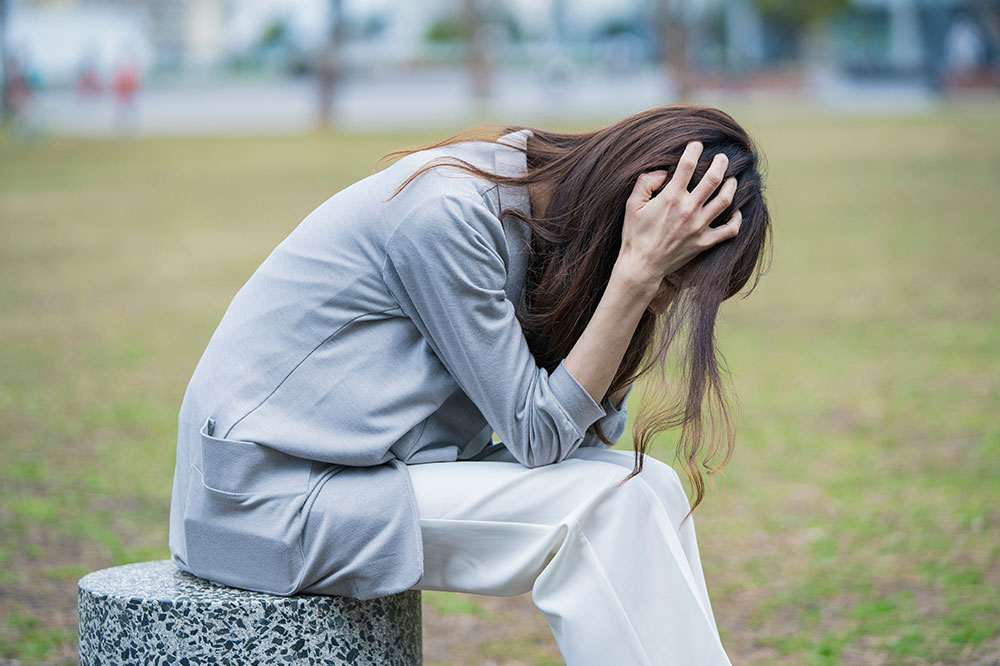3 must-know sexual conditions that affect women
A healthy lifestyle is a culmination of physical and mental health with many other aspects of life, including sexual health. It is essential for an individual to pay equal attention to their sexual health, including getting regular check-ups, just like for the brain or other vital organs. Awareness about sexual conditions and their causes, symptoms, treatment options, and preventive measures is also necessary.
Having trouble establishing physical relationships is not all that uncommon, but sexual conditions are not something one needs to be ashamed of. One might not be comfortable discussing it with family or friends, but they definitely need to open up to their doctor about it.

Inability to orgasm
Anorgasmia is a condition that defines the inability or difficulty to have an orgasm. Studies suggest that a significant number of women have either never achieved an orgasm or are no longer able to do so. The reasons behind this are a varied mixture of mental conditions, and the issue may also be related to a past sexual experience that induced trauma.
While an orgasm might not be necessary for some women to enjoy intercourse, it does count for others. Therapy has been said to help overcome this sexual condition as it helps ease worries and relax.
Dyspareunia
Persistent painful intercourse is a prominent sign of dyspareunia. The causes of this condition vary widely and can range from physical to psychological. The pain can range from moderate to severe, and it can lead to issues in a person’s health and relationships. In some women, menopause is also known to cause dyspareunia. The treatment options for this sexual condition include therapy, medications, and/or estrogen therapy.
Dyspareunia also includes vaginismus, which is the painful involuntary contraction of the vaginal muscles due to spasms.
Decreased libido
Decreased libido or sex drive might not commonly be a permanent occurrence, but it is so for a few women. No matter how common or uncommon, it is a sexual condition that everyone needs to be aware of. Women with active libido might also experience a low sex drive at times due to hormonal changes or as a result of stress.
Fall in a woman’s libido can be attributed to conditions like diabetes, a malfunctioning thyroid gland, alcohol consumption, depression, and physical and/or mental traumatic experiences.
A fall in testosterone—a hormone produced in the adrenal gland and the ovaries—levels can also significantly affect a woman’s sex drive, which means the removal of the ovaries can also manifest in the said sexual condition.
The above-mentioned are just a few of the various sexual conditions that women are faced with, but most conditions have treatment options available these days. Instead of suffering in silence and compromising on the relationship with their partner, one should seek help from a professional. Therapy can be useful for overcoming these hindrances that keep women from enjoying a healthy intimate relationship.

